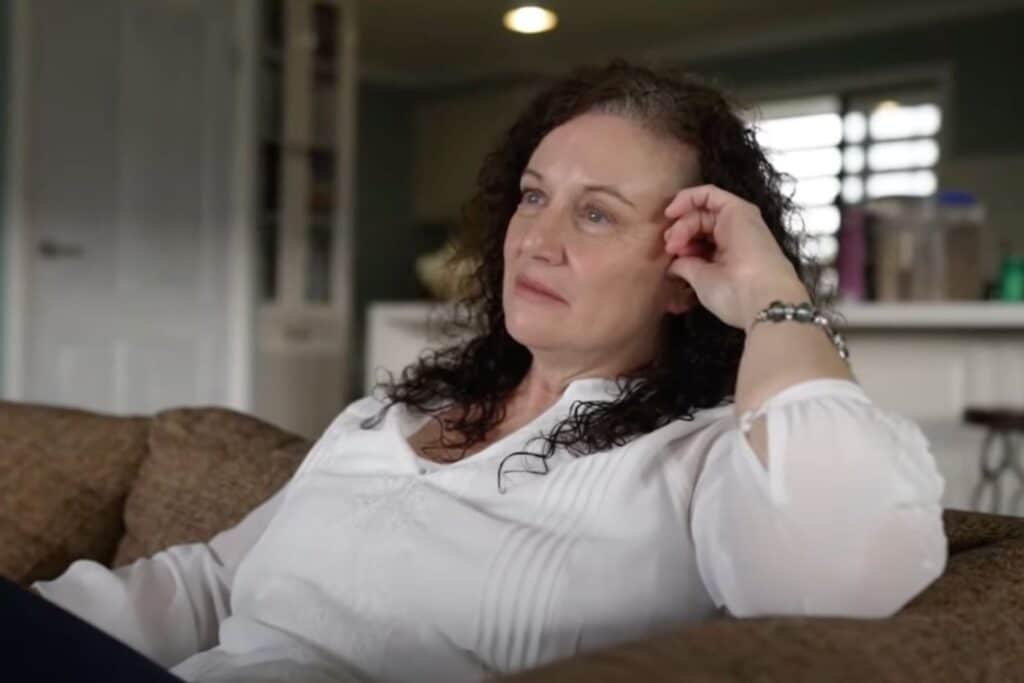The New South Wales court of criminal appeal has overturned the convictions of Kathleen Folbigg, following an inquiry that found reasonable doubt in her guilt of killing her four young children.
After spending two decades in prison, Folbigg, 56, was unconditionally pardoned and released from jail in June this year.
She was convicted in 2003 for killing her four young children – Caleb, Patrick, Sarah and Laura – between 1989-1999. The children all died between the ages of 19 days to 18 months.
On Thursday morning, the NSW court of criminal appeal ruled that Folbigg’s convictions should be quashed, based on findings in an inquiry released last month.
A teary Folbigg spoke to reporters in front of the court on Thursday after learning of the overturned convictions.
“I hope that no-one else will ever have suffered what I have suffered,” she said.
“The system preferred to blame me rather than accept that sometimes children can and do die suddenly and unexpectedly and heartbreakingly.”
One of the key pieces of evidence in Folbigg’s trial two decades ago was her diary, which Folbigg said this morning was taken out of context during her trial.
“They cherry picked words and phrases from my journals,” she said.
“Those books contained my private feelings which I wrote to myself. No one expects those types of things to be read by strangers.”
Folbigg’s solicitor, Rhanee Rego, also spoke outside of court on Thursday morning, condemning the “poorly designed review system” that prevented the “rectification of miscarriages of justice”.
“An innocent woman suffering can and should be recognised and become a major impetus to improve our legal system.”
Tracy Chapman, Folbigg’s best friend, said Folbigg’s and her legal team’s “Herculean” efforts have paid off.
“This ordeal emphasised the importance of lifelong friendships, bonds, forged and reinforced in adversity,” Chapman said.
The inquiry
The inquiry found an “identifiable cause” for three of her four children’s deaths, indicating reasonable doubt that Folbigg was responsible.
“I have concluded that the relationship Ms Folbigg had with her children does not support the inference that she killed them,” Tom Bathurst, the inquiry’s commissioner, said in the final report, released in November.
“The evidence before the inquiry, at most, demonstrates that Ms Folbigg was a loving and caring mother who occasionally became angry and frustrated with her children. That provides no support for the proposition that she killed her four children.”
Folbigg served 20 years in prison for three counts of murder and one count of manslaughter. However, overwhelming scientific evidence found her son, Patrick, likely died from a neurogenetic disorder, while daughters Sarah and Laura had “plausible explanations” for their deaths.
She was pardoned for her convictions and released from prison in June, meaning she was cleared from all consequences of the offence/s, but the convictions themselves were not completely overturned – until today.
Folbigg has always maintained her innocence.


